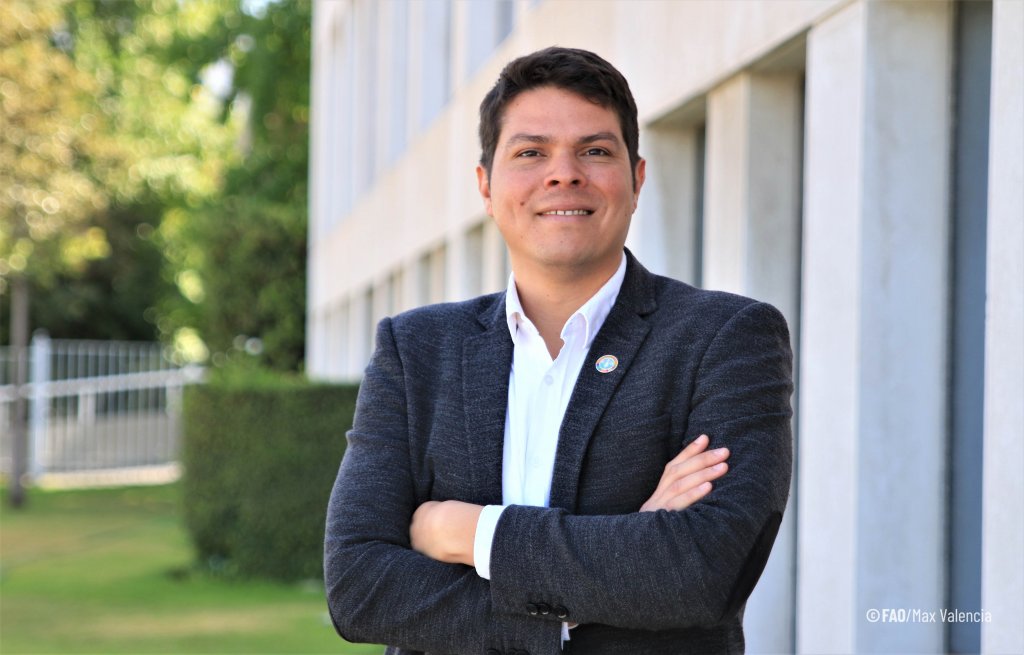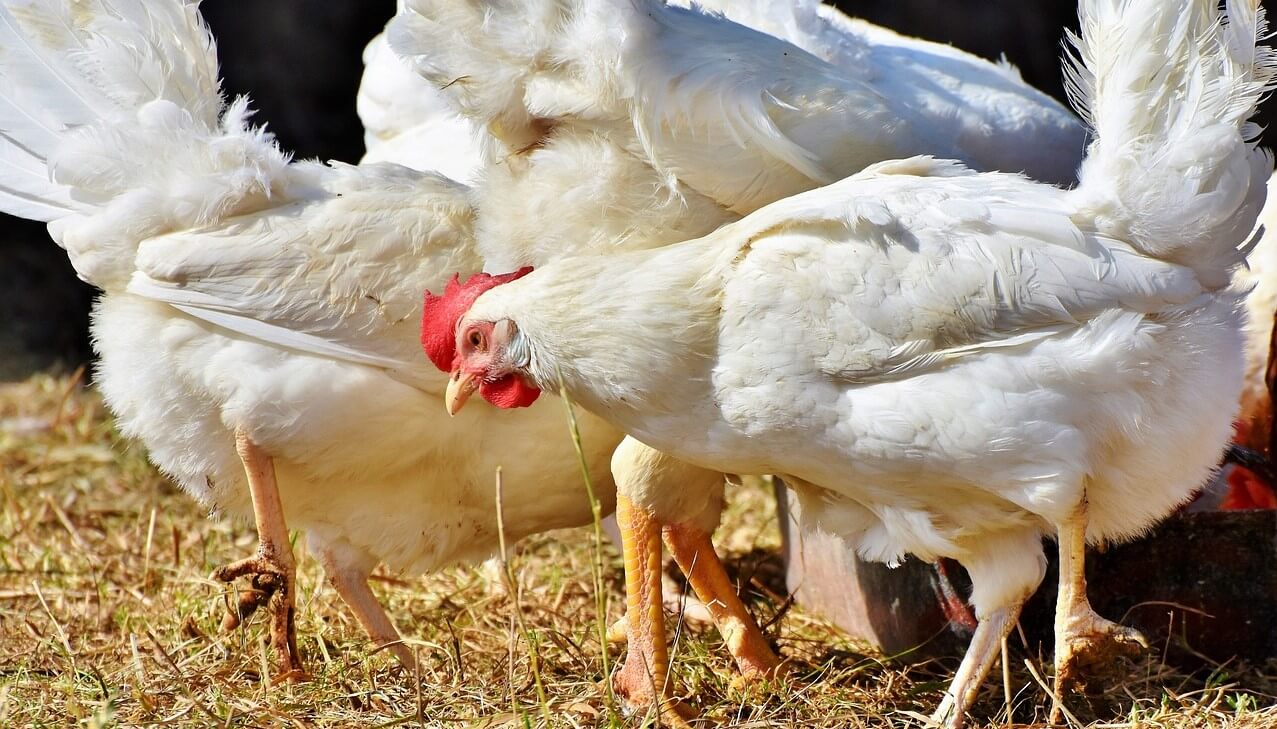Sustainable Livestock, Animal Health and Biodiversity Officer for Latin America and the Caribbean Food and Agriculture Organization of the United Nations (FAO)Andrés González warns of looming risk of new wave of epidemics Avian Influenza This will affect Latin America and we must prepare for it now.
“What we have experienced over the past 12 months is Latin America and the Caribbean face an unprecedented situation. Although highly pathogenic avian influenza (HPAI) has appeared in some areas in the past few years, Cases have been confirmed in 16 countriesGonzalez stressed in an opinion piece.
In the case of Argentina, it is worth remembering that The first case occurred in a wild bird February, in the north of the country.
The disease then quickly spread to commercial establishments, forcing Suspend exportmost recently, in August and following health measures, The country returns to bird flu-free status on commercial poultry farms.
Negative balance of avian influenza
Within this framework, Gonzalez emphasizes At least two people on the African continent have been infected Due to viruses (one in Ecuador, one in Chile), but the most serious Loss of 12.5 million birds They died or were euthanized in an effort to curb the spread in the area.
“To this we must add About 30,000 marine mammals causing unprecedented impact And wild birds,” he added.
Bird flu: They announce new benefits for producers who have to sacrifice birds
As FAO officials mentioned, one of the problems is that the virus evolved due to its ability to interact with migratory bird populations, which unfortunately were affected, The disease spreads among poultry following its normal route from the north to the south of the continentespecially on low-level farms Biosecurity.
Therefore, despite the efforts of official veterinary authorities in various countries, It is virtually impossible to prevent it from entering.
“That is why we call on the Food and Agriculture Organization of the United Nations (FAO) to implement an action plan to work together. As a transborder disease, This requires a regional approach to address the problem,” Gonzalez stressed.
Bird flu: Concerns the virus is mutating and they seek to sequence its genome
Regional action to address avian influenza
According to the leader, From day one, they have worked side by side with countries requesting technical support, leading this necessary coordination. In addition, technical meetings have been held, such as the one held in Santiago, Chile, in March this year with heads of veterinary services from various countries in the region, to respond to emergencies.
Meanwhile, last July, Professionals, academics and regional experts also held meetings in Colombiato address the interest expressed by countries in vaccination as a support measure for the prevention and control of HPAI, and the complexities associated with decision-making and implementation of this strategy.
To vaccinate or not to vaccinate?Avian influenza has caused intense controversy within the poultry industry chain
Finally, a third meeting will be held next December to strengthen the technical debate on the risks of the new season and draw lessons learned as Coordinate actions in the coming months.
“Can we prevent a new wave in the region?Probably not. But if there is one thing we at FAO are sure of, it is that we are better prepared if we work together; “This is the only way to deal with this huge global challenge,” González said on this point.
He elaborated: “All our efforts are effectively aimed at Explain the epidemiology of disease and standardize biosafety procedures, monitoring and control, and improving technical capabilities. “

Andres Gonzalez, FAO official.
In his view, the key is Ensure animal health and welfarethereby ensuring people’s food security.
Latin America, a key location
In this sense, he recalled that Latin America and the Caribbean currently produce about 20% of the world’s poultry meat and 10% of its eggs.
“While science has proven that avian influenza viruses cannot be transmitted to humans through consumption (they must always be cooked), it is equally true that Severe impact on poultry populations, thereby directly impacting efforts to ensure food security In addition to destroying livelihoods, it is necessary to achieve zero hunger in the region,” González commented.
For this reason, he believes “In the coming months we will face a new phase, further spread may occur in our region. “
According to FAO officials, the focus will be on Protect people’s health and poultry productionbut don’t forget wildlife and species protection.
“At FAO we believe This coordinated effort will bear fruit and leave you better prepared than beforeand continuously improve to minimize and contain the large-scale spread of the disease,” he concluded.

